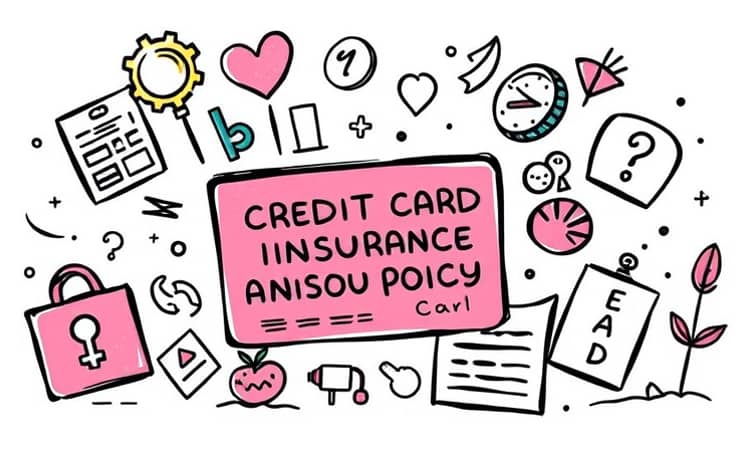Credit card insurance coverage is an often-overlooked aspect of credit card ownership. Many consumers are not fully aware of what this type of insurance entails, or how it may benefit them in the event of unforeseen circumstances. In this article, we will explore the different dimensions of credit card insurance, including its definitions, types, pros and cons, and how it compares to other insurance options available in the marketplace. Ultimately, we aim to equip you with the knowledge to make an informed decision about whether credit card insurance is right for your financial situation.
As we dive deeper into this subject, we will begin by clarifying what credit card insurance is and how it operates. This understanding will set the foundation for discussing the various types of credit card insurance products available, their respective benefits, and the potential drawbacks. As credit cards continue becoming a central element of our financial lives, it's essential to understand all aspects of credit card insurance coverage to maximize your financial safety net.
What is Credit Card Insurance Coverage?
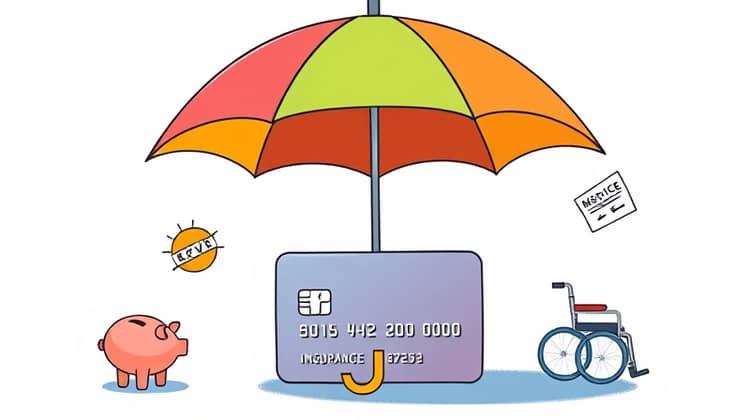
Credit card insurance coverage is a safety net that protects cardholders against specific risks associated with credit card use. It is designed to provide financial assistance in circumstances like unemployment, disability, or even death, which may hinder a cardholder's ability to make their credit card payments. This type of coverage is offered by many credit card companies and can often be added to your card for an additional fee.
Despite its advantages, many consumers remain unclear about the details and limitations of credit card insurance coverage. Typically, it requires the cardholder to provide proof of loss or financial hardship, which can complicate the claims process. Therefore, understanding the ins and outs of this coverage is crucial for cardholders before deciding whether to opt in.
Types of Credit Card Insurance
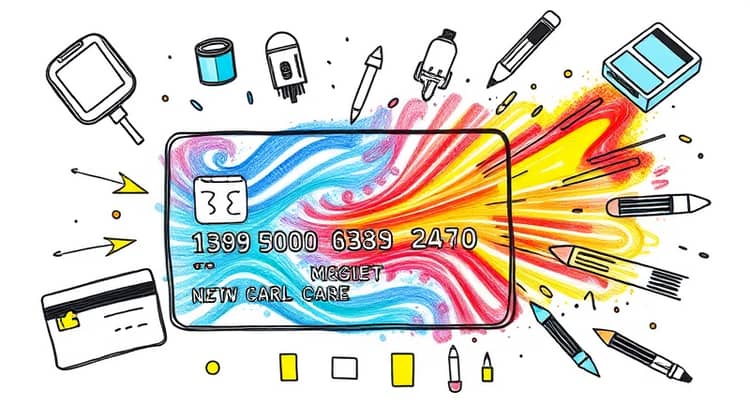
There are several types of credit card insurance coverage available to consumers, making it essential to understand the distinctions among them. One of the most common forms is payment protection insurance (PPI), which ensures that minimum payments are made on the card in case of job loss or disability. This type of insurance can provide peace of mind, knowing that your credit card will remain in good standing during periods of financial strain.
Another type of credit card insurance is credit life insurance, which pays off the remaining balance on the credit card in the event of the cardholder's death. This can be especially beneficial for individuals with substantial credit card debt, allowing their beneficiaries to avoid inheritance of that debt. Additionally, some credit cards may offer travel insurance, which protects against unforeseen circumstances while traveling, such as trip cancellations, lost baggage, or medical emergencies abroad.
Lastly, there are also companies that offer theft protection coverage, which aids in recovering funds if your credit card is lost or stolen. This type of insurance can help mitigate losses and make cardholders feel a sense of security knowing they have support in case of fraud or identity theft. It's essential to consider personal circumstances when deciding which types of coverage may be appropriate.
Benefits vs. Drawbacks
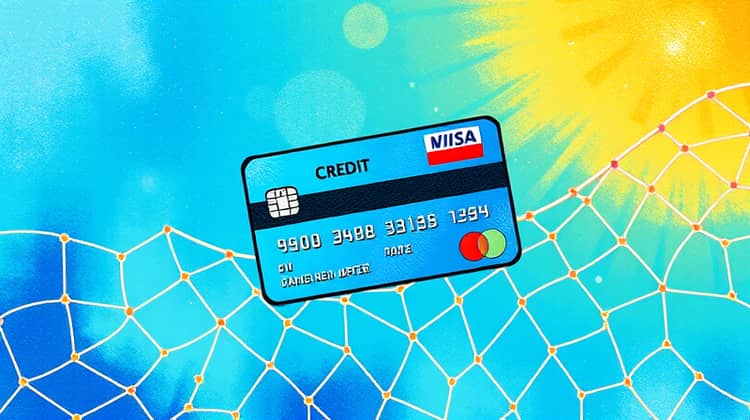
Like many financial products, credit card insurance comes with its pros and cons. One of the primary benefits is that it provides added peace of mind, knowing that you have a safety net if unexpected issues arise, particularly with monthly payments or significant financial strains. This can be especially advantageous in reducing stress when dealing with life's uncertainties.
- Provides financial assistance during unemployment or disability
- Helps avoid negative credit impacts by ensuring timely payments
- Offers peace of mind for cardholders and their families
However, it is crucial to critically evaluate the costs associated with credit card insurance, as these premiums may be high compared to the potential benefits. Additionally, there may be exemptions and limitations in coverage, making the product less attractive than initially perceived.
How to Access Credit Card Insurance?

Accessing credit card insurance coverage typically begins with checking the terms of your credit card agreement. Many credit card companies automatically include certain types of insurance within their offerings, while others may provide an option to opt-in for additional coverage. It is essential to read through the policy details to fully understand what types of coverage are included and what the eligibility criteria are.
If you are interested in obtaining credit card insurance, you can usually enroll through your credit card company’s website or by contacting customer service. They may provide details on what options are available and the costs associated with those policies. It’s also beneficial to do your research and compare different companies offering credit card insurance to find the best coverage suitable for your needs.
In addition to traditional credit card companies, some third-party insurers offer standalone credit card insurance policies. Shopping around for options is essential to ensure you are getting the best deal. Be sure to inquire about crucial aspects such as premium costs, potential exclusions, and how to file a claim if a need arises.
Moreover, ensure to keep an eye on promotional offers that some credit card issuers provide when you sign up. They may waive the first few months' premiums or offer discounts for bundling policies with other insurance products. This can provide an excellent opportunity to explore the advantages of credit card insurance at a lower initial cost.
Credit Card Insurance vs. Other Forms of Insurance
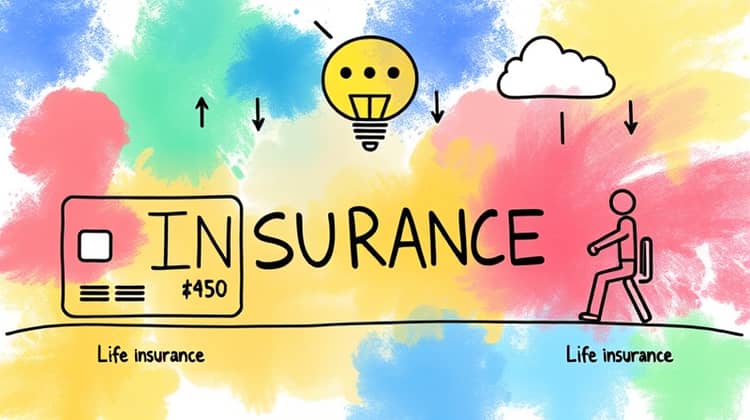
Comparing credit card insurance to other forms of insurance, such as life insurance or disability insurance, is crucial for understanding its unique position in the financial landscape. Traditional life insurance can provide a financial payout to your beneficiaries in the event of your death, covering much more than just credit card debt. Disability insurance is designed to replace lost income due to illness or injury, offering broader protection compared to credit card insurance, which may only cover minimum payments or specific debts.
On the other hand, credit card insurance may be more accessible than other forms of insurance, often requiring less medical underwriting or evaluation. This can make it an attractive option for individuals who may struggle to qualify for traditional coverage, yet it lacks the comprehensive protection that other types of insurance may provide.
- Credit card insurance provides limited coverage versus broader life/disability insurance
- Life insurance pays the beneficiary upon death; credit card insurance pays off debt only
- Disability insurance replaces income, while credit card insurance typically only covers minimal payments
Given the limited scope of credit card insurance, it is essential for consumers to evaluate their individual financial situations and determine if such coverage will meet their needs. In many cases, investing in broader insurance products may offer better protection and benefits that extend beyond just credit card liabilities.
Is Credit Card Insurance Right for You?

Determining if credit card insurance is right for you boils down to a few key factors. Consider your financial stability, job security, and overall debt situation. If you feel vulnerable to job loss or have considerable debt, credit card insurance could provide a helpful buffer. However, if your finances are secure, the costs associated with this insurance may not warrant the potential benefits it offers.
Additionally, reflecting on your insurance portfolio may also steer your decision. If you already have robust life or disability insurance, the need for credit card insurance may be diminished. Making a well-informed decision can ensure that your financial strategy remains sound and effective.
Conclusion

In summary, credit card insurance can provide valuable benefits, particularly for those facing uncertainties in their financial situation. However, it is essential for potential customers to approach this product with caution, weighing the benefits against the costs and limitations it may present.
Ultimately, making an informed choice is crucial. By understanding how credit card insurance works and what alternatives might be available, you can develop a strategy that aligns with your personal needs and financial objectives, ensuring the best protection for your assets.

